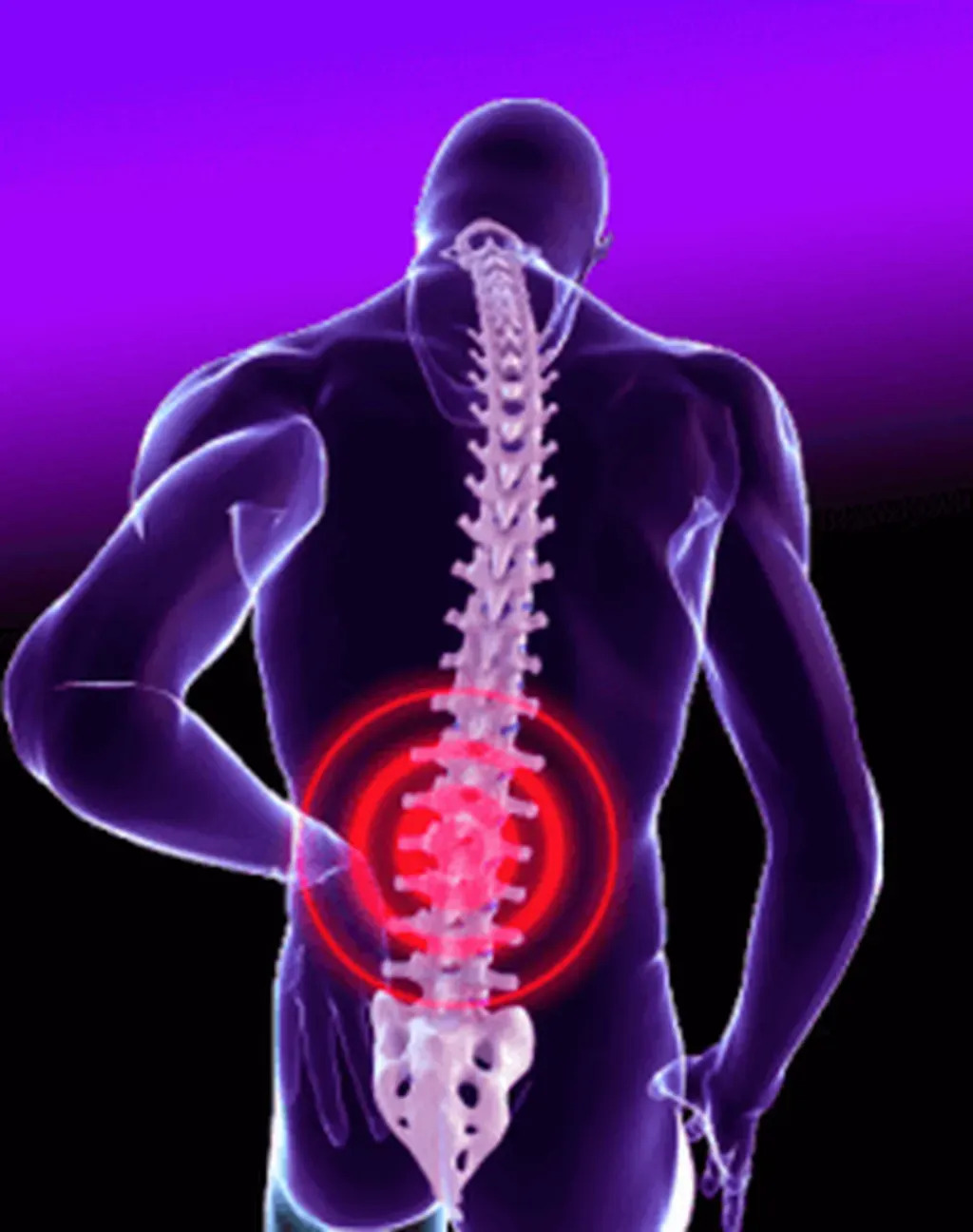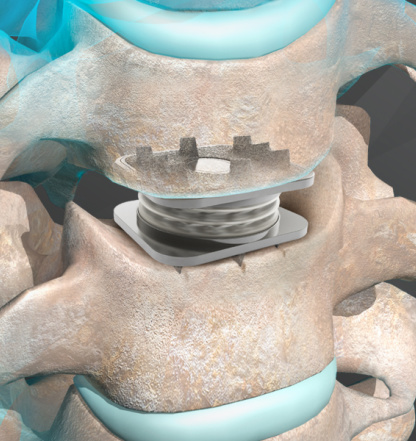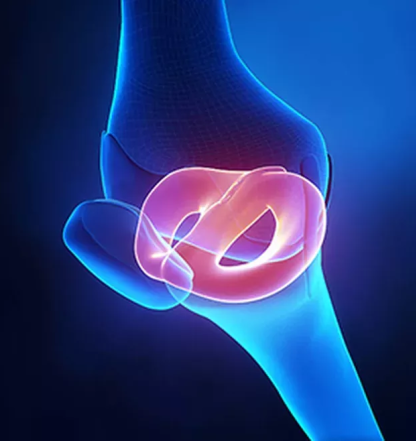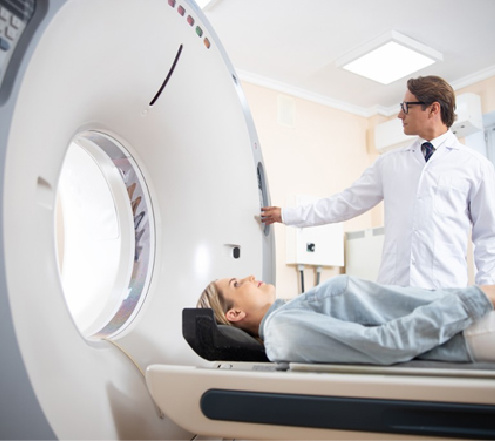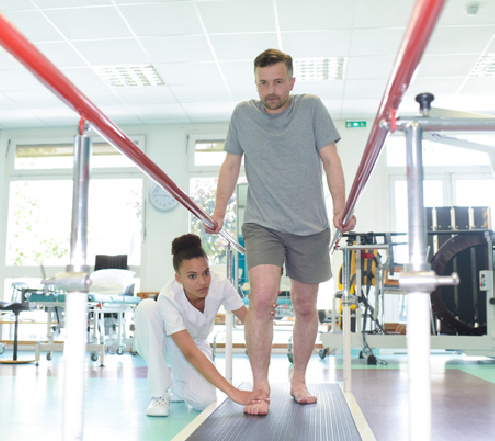Patients who undergo back or spinal surgery but still experiences back pain suffer from a condition known as Failed Back Surgery Syndrome (FBSS). There is some variation in how the pain can continue to be prevalent in each patient suffering from FBSS.
Patients who undergo back or spinal surgery but still experiences back pain suffer from a condition known as Failed Back Surgery Syndrome (FBSS). There is some variation in how the pain can continue to be prevalent in each patient suffering from FBSS. Sometimes, the pain subsides but is still present, while other times it gets worse. There are also instances when pain develops in parts of the back that were pain-free before. Several factors can cause this condition:
Hardware Malfunction
A common cause of Failed Back Surgery Syndrome is when the surgical hardware malfunctions, particularly pedicle screws. A pedicle screw is a surgical instrument that is used in spinal fusion surgery to attach plates and rods to the spine and to restrict spinal movement at the surgical site.
Issues can develop, however, if the pedicle screw breaks. A broken pedicle screw could make it difficult to keep the spine aligned, which could lead to continued or new back pain. It could also create a situation where an operation to retrieve the broken screw would have to be performed.
Misdiagnosis
The spine is complex with many interconnected bones and sections. And over time, it becomes susceptible to many kinds of irregularities and conditions, such as disc bulges, degeneration of the spine and spinal stenosis. Because of this, diagnosing the root cause of the pain can be difficult. An irregularity, such as those noted above, may not always be the source of back pain. If this is the case, then a well-executed surgery will not provide the patient with the relief they are expecting.
Recovery Issues
After undergoing back or spine surgery, it is crucial to adhere to all precautions and follow all suggestions for recovery to be successful. Recovery could be stunted if a patient does not carefully follow their suggested post-operative physical exercise guidelines. A related issue can occur if the patient engages in heavy lifting before they are fully recovered.
Smoking can also contribute to Failed Back Surgery Syndrome. In particular, with bone grafts, which are prevalent in spinal fusion surgery, ample oxygen from the blood is required for new bone growth to occur. Smoking, which affects blood circulation and reduces the delivery of oxygen to the surgical site, could prevent the bone graft from fusing (healing) which reduces the success of the surgical procedure.
Some orthopedic spine surgeons are apprehensive about working with cases of Failed Back Surgery Syndrome since it is difficult to diagnose and risky to treat. But spine surgeons James L. Chappuis, M.D., F.A.C.S. and Julio Petilon, M.D, specialize in diagnosing and treating Failed Back Surgery Syndrome. They are certified by the American Board of Orthopedic Surgeons and the American Board of Spine Surgery, and have established Spine Center Atlanta as an industry leader in Failed Back Surgery Syndrome diagnosis and treatment.
Depending on the severity of the issue, Spine Center Atlanta offers non-surgical and surgical approaches to treating Failed Back Surgery Syndrome. For less severe cases, patients can receive pharmaceutical assistance, aquatic therapy, targeted physical therapy, massage, acupuncture and psychotherapeutic support services. If the situation is more severe and requires additional surgery, these board-certified Orthopedic Surgeons can perform spinal fusion surgery, remove failed hardware and scar tissue, replace damage discs, and repair broken pedicle screws.
**If you’ve had back or neck surgery and still suffer from chronic pain, CLICK HERE to sign up for a consultation with one of our board-certified physicians or CALL 404-351-5812 to schedule an appointment**


